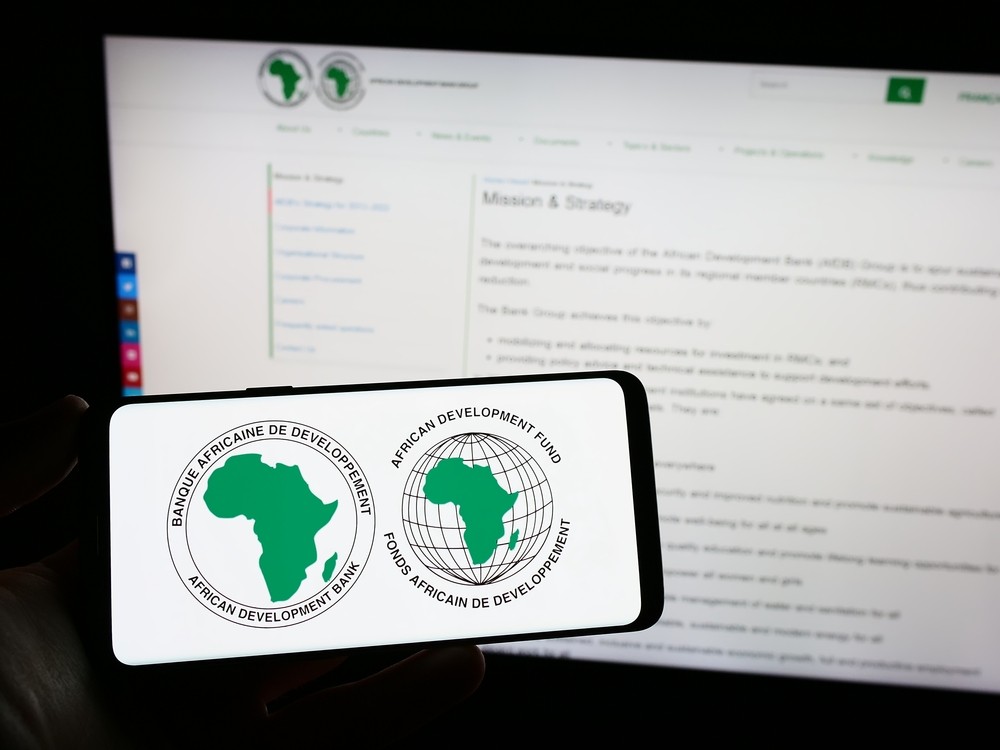The African Development Bank (AfDB) hosted a Regional Workshop in collaboration with pivotal partners like the African Union Institute of Statistics (STATAFRIC) and the Africa Centre for Statistics of the United Nations Economic Commission for Africa (UNECA). Taking place from the 21st to the 25th of July, 2025, in Addis Ababa, the event aimed to enhance the efficiency of data management.
Attended by over 40 participants from 16 nations, as well as delegates from esteemed organisations like the International Monetary Fund and the World Bank, the workshop focused primarily on the SDMX standard—a global benchmark for statistical data exchange. Through hands-on training, attendees learned to harness SDMX to bolster data management and support evidence-based policymaking.
With SDMX’s adoption, African countries anticipate heightened reliability and comparability of official statistics, promoting regional integration and global cooperation. The workshop also delved into Open Data Platform 2.0 (ODP 2.0), an advanced version of the AfDB’s open data infrastructure under the Africa Information Highway initiative. This version promises interoperability, accessibility, and readiness for emerging technologies such as artificial intelligence.
Opening remarks from AfDB, UNECA, and STATAFRIC representatives stressed their dedication to advancing SDMX implementation in Africa. They pledged increased cooperation with Regional Economic Communities, ensuring efficient roll-out across member states.
The workshop underscored Africa's progress in embracing open data practices, as highlighted in the latest Open Data Inventory (ODIN) 2024-2025 report. An impressive number of African countries, ten in total, achieved scores above 60 out of 100, a significant improvement since 2020.
- Notably, Morocco (77.3), Burkina Faso (76.8), and Senegal (75.3) ranked among the world's top 35 with scores exceeding 70 points.
- All regions showed progress between 2022 and 2024, with Africa recording a 23% increase in average ODIN scores—the highest regional surge.
This milestone event visually portrayed the continent's growing momentum towards modernising data ecosystems. In doing so, it aims to fortify statistical capacity, fostering inclusive development through improved data accessibility.




